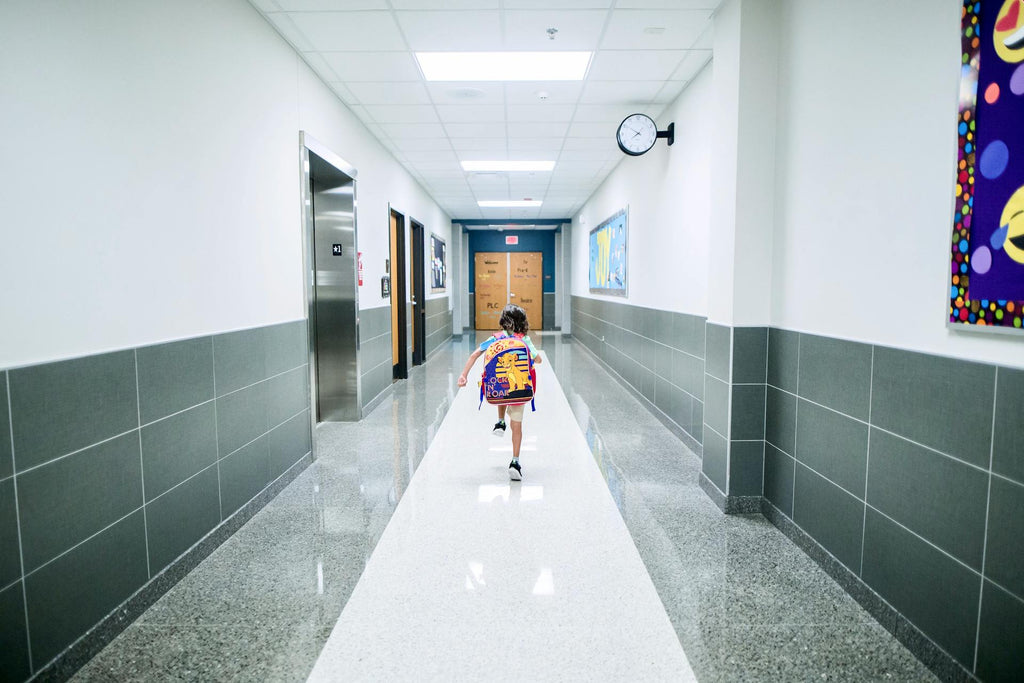

The transition to school marks a significant milestone in a child's life, filled with excitement, new experiences, and adjustments. As parents, you play a crucial role in supporting your child's transition to school and setting a positive foundation for their academic and social journey. Here are practical tips and strategies to help prepare your child for a successful start in school and ease their transition into this new chapter.
Building Confidence and Independence
Encouraging Self-Help Skills: Foster your child's independence by encouraging them to dress themselves, pack their school bag, and manage basic tasks independently. This promotes confidence and readiness for daily school routines.
Positive Reinforcement: Praise and acknowledge your child's efforts and achievements, whether big or small. Positive reinforcement boosts self-esteem and encourages a positive attitude towards learning.
Establishing School Readiness
School Visits and Orientation: Attend school orientations or arrange visits to familiarize your child with the school environment, classrooms, and teachers. This helps alleviate anxiety and builds familiarity before the first day.
Discussing School Expectations: Talk to your child about what to expect at school, such as classroom rules, routines, and social interactions. Address any questions or concerns they may have and provide reassurance.
Creating a Supportive Home Environment
Establishing Routines: Establish consistent daily routines at home, including regular sleep schedules, meal times, and designated study or homework periods. Predictable routines help children feel secure and prepared for school.
Designating a Study Space: Create a quiet and organized study area at home where your child can complete homework assignments and engage in independent learning activities. Ensure it's free from distractions.
Encouraging Social Skills and Resilience
Practicing Social Interactions: Encourage your child to engage in playdates, join clubs or activities, and interact with peers. Practice sharing, taking turns, and resolving conflicts to develop essential social skills.
Teaching Resilience: Help your child develop resilience by discussing problem-solving strategies, managing emotions, and adapting to new situations. Support them in facing challenges with a positive attitude and perseverance.
Staying Engaged and Supportive
Open Communication: Maintain open communication with your child about their school experiences, friendships, and any concerns they may have. Listen actively and provide guidance or support as needed.
Involvement in School Activities: Participate in school events, parent-teacher meetings, and volunteer opportunities to stay informed about your child's progress and actively support their educational journey.
Conclusion
Supporting your child's transition to school involves nurturing confidence, independence, and readiness for learning. By creating a supportive home environment, encouraging social skills, and staying engaged in their school experiences, you can help your child embark on a successful and fulfilling journey in school.












